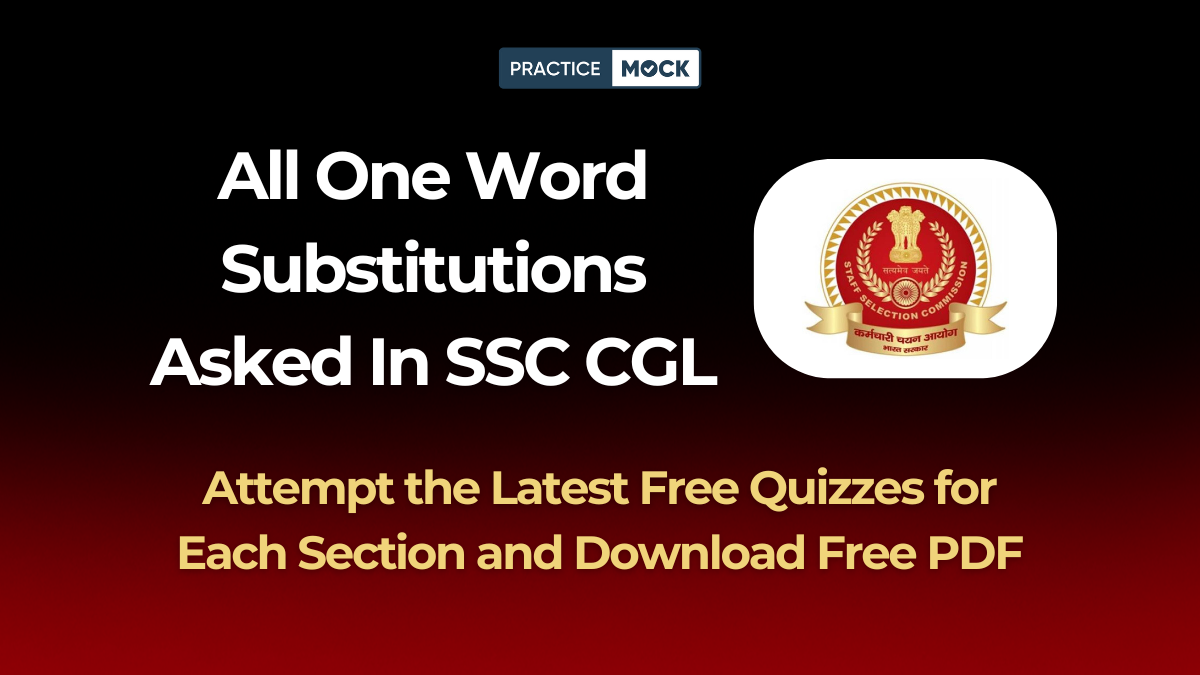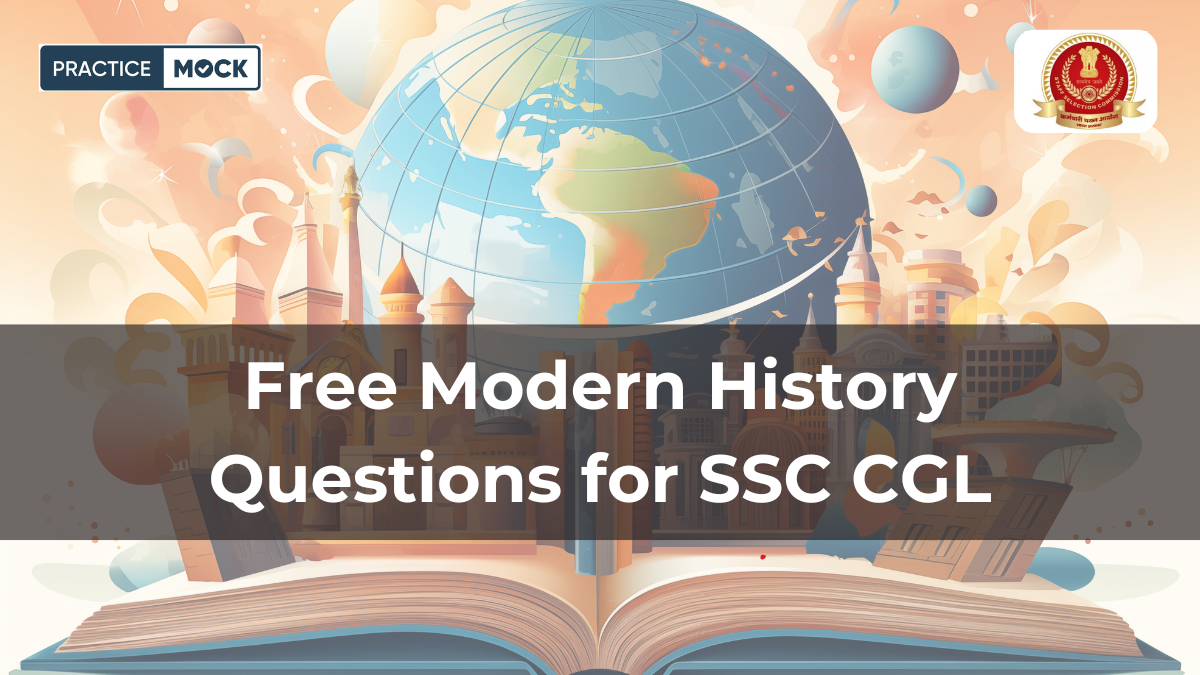The Hindu Editorial Vocabulary– Apr 21, 2022; Day 275


| Difficult Word/ Phrase | Contextual Sense |
| Crucial | Of extreme importance |
| Insurgency | An organized rebellion aimed at overthrowing a constituted government through the use of subversion and armed conflict |
| Bring down | Cause the downfall of |
| Unleash | Turn loose or free from restraint |
| Roll back | The act of forcing the enemy to withdraw |
| Porous | Allowing passage in and out |
| Retaliate | Take revenge for a perceived wrong |
| Breakdown | Cause to fall or collapse |
| Disown | to say that you no longer want to be connected with or responsible for somebody/something |
| Proxy | A person authorized to act for another |
Changed situation: On Pakistan’s frustration with the Taliban
Pakistan’s frustration with the Taliban response to its security challenges is evident
When the Taliban captured Kabul in August 2021, then Pakistani Prime Minister Imran Khan said Afghans had “broken the shackles of slavery”. Even while the Taliban’s victory gave some geopolitical advantage to Pakistan, it also enhanced Islamabad’s security challenges. And Pakistan’s growing frustration with the response of the new Afghan rulers to these challenges burst into the open during the weekend when Pakistani missiles struck inside Afghanistan, targeting the Tehreek-e-Taliban Pakistan (TTP). During the American presence in Afghanistan, Pakistan had adopted a dual approach — fight the TTP, better known as the Pakistan Taliban, and support the Afghan Taliban. Its backing was crucial (of extreme importance) in the Afghan Taliban’s return to Kabul. But the fact that an insurgency (An organized rebellion aimed at overthrowing a constituted government through the use of subversion and armed conflict) founded by a group of Deobandi madrasa students forced the U.S., the world’s most powerful military, to withdraw from Afghanistan was a morale booster for the TTP. The Afghan Taliban and the TTP may be two organisations, but they are ideological brothers — both have their roots in Deobandi Islam, both share the same worldview, and have similar objectives for different geographies. If the Afghan Taliban wanted to re-establish their Islamic Emirate in Afghanistan, the TTP wants to bring down (Cause the downfall of) the Pakistani state and establish its Islamic rule.
Pakistan supported the Afghan Taliban for geopolitical reasons. The Generals saw the Taliban as insurance against growing Indian influence in a U.S.-backed Islamic Republic of Afghanistan. But the problem with the wheel of jihad, which the Pakistanis helped unleash (Turn loose or free from restraint) inside Afghanistan, is that it could also roll back (The act of forcing the enemy to withdraw) across the border. Both countries share a porous (Allowing passage in and out) 2,500-km land border that divides the tribal areas of the region (also a fertile ground for the Taliban’s ideology). Earlier, Pakistan used to share intelligence with the U.S. forces in Afghanistan which carried out attacks against the TTP. Now, Pakistan has to depend on the Taliban to crack down on the TTP. Their relationship has also changed. If the Taliban were dependent on Pakistan for their survival during the insurgency, they are now the rulers of Afghanistan; what they need is support and recognition for their regime. This change in approach was visible in the Taliban’s warning that they would “retaliate” (Take revenge for a perceived wrong) if Pakistan carries out more cross-border strikes. None of these developments suggests that there would be a complete breakdown (Cause to fall or collapse) in the relationship between Pakistan and the Taliban, which dates back to the Taliban’s founding in the early 1990s. But the TTP factor would remain a key fault-line. The Taliban are not ready to disown (to say that you no longer want to be connected with or responsible for somebody/something) the TTP and they have also made it clear that they would not remain a Pakistani proxy (A person authorized to act for another) forever. This poses fresh security and geopolitical challenges to the Pakistani establishment which welcomed the Taliban’s triumph in Afghanistan just eight months ago.
Want to improve your vocabulary further? Download the Lists of Word-Meanings of Previous Months here.
Recent Posts
IOB LBO Notification 2025 Out for 400 Vacancies
The Indian Overseas Bank has released the IOB LBO Notification 2025 to recruit 400 candidates.…
UPSC CSAT Free Mock Test 2025 with Free Prep. Resources
In this blog, we have provided the UPSC CSAT Free Mock Test 2025 with Free…
RRB NTPC Application Status 2025, Check Your Application Status
The RRB will release the RRB NTPC Application Status 2025. In this blog, we will…
IBPS PO 2025 Free Study Resources, Attempt Now!
Here we are providing the IBPS PO 2025 free preparation resources, Candidates can get prelims…
IBPS PO Study Plan 2025 for 1 Month
The Institute of Banking Personnel Selection (IBPS) has released the IBPS PO 2025 notifications for…
100 + DI Repeated Questions for RRB PO 2025, Check How to Solve It Easily?
In this article we are providing the 100 + DI Repeated Questions for RRB PO…


